By Becky Swanberg — EMoon Lead Content Editor and Middle Reader Novelist
In the fall of 2011, I was deep in the fog of postpartum life. My kids were six, four, two, and 10 weeks, and I had the sudden and strange desire to write a novel.
Inspired by National Novel Writing Month (known as NaNoWriMo), one night I opened my laptop and started telling a story about a teenage girl who could smell deception. This chunk of writing time became part of my day, as normal as morning feedings and making PBJ’s, and so every evening from 9:30-11:00, I wrote.
It didn’t feel like work because this voice in my head was telling me her story. I just listened to her, almost like recording the thoughts of a friend, and tried (unsuccessfully) to steer it toward a cohesive storyline.
I wish I could tell you that first novel came together in one beautiful and linear story- but it didn’t.
I wish I could tell you that after revising for two years (which I did), I found an agent and sold that book (I didn’t).
I wish I could say that while I didn’t sell the first one, I did sell the next one. (Sigh). Nope.
But here’s what did happen. Somewhere in the process of creating stories and daydreaming scenes, a part of me that I had abandoned for adulthood starting to come alive again. I discovered that writing stories made me feel more like myself.
That realization, the understanding that I was much more me when I was writing, brought along some big questions. How do I get paid to do this? Do I need to get paid to do this? And what exactly am I trying to do? As a caretaker with a full plate, the idea of writing for the joy of it made me a bit squeamish. I didn’t have that kind of time, I said. It wasn’t a season of life to do things for joy, I said. And can you really be a storyteller if no one is reading those stories?
Despite the questions, I did what made the most sense: I kept writing.
That first draft needed work, so I watched YouTube videos on revision, characterization, and genre. I read books on the craft of story and listened to podcasts where authors shared their tools and process. Our family rhythm shifted, so I began waking in the dark to work a bit before the early risers popped out of bed. I embraced writing fiction as a hobby while the question of publication took a backseat. A few years, a couple rounds of reader feedback, and hundreds of hours later, I had a finished young adult novel.
But now what?
I sent it out to literary agents, and for the next twelve months I collected rejection letters. I got some leads and requests for the full manuscript, but they all eventually ended in a no. In the way that writing made me feel alive, rejections letters drained me dry. I had suspected it wasn’t that good. I hadn’t really wanted to publish it. No one sells their first novel, I told myself. It’s fine.
But it wasn’t fine. I tried not to talk about the process of querying (sending out letters to literary agents) because I couldn’t even think about it without crying. I shelved my laptop, read more books, and quietly tried to pretend I had never written a novel at all.
As I tried to ignore the heartache of a “failed” first book, a funny thing happened. A new voice started telling me her story. She was younger, funnier, a bit rough around the edges. Her world was interesting, and I found myself daydreaming about how I would describe it. Scraps of dialogue floated in and out. Scenes fell into place. She talked in my head as I did the dishes or drove to the store.
One night in an act of faith and defiance, I opened my laptop and started tapping out that story. It felt ridiculous to do it all again with no guarantee I wouldn’t end up with another Word document that nobody would read. But it also felt ridiculous to stop doing something I love because of fear.
In those first few pages, I officially met twelve-year-old Ren, the main character of the middle grade dystopian novel that kept me company for the next few years. But in writing, in pursuing and embracing the person who I’m created to be, I also met myself again.
To be continued next week in part two . . .









